Vision Techniques has launched the VT Night-Sight 24 Ultra high- performance camera.
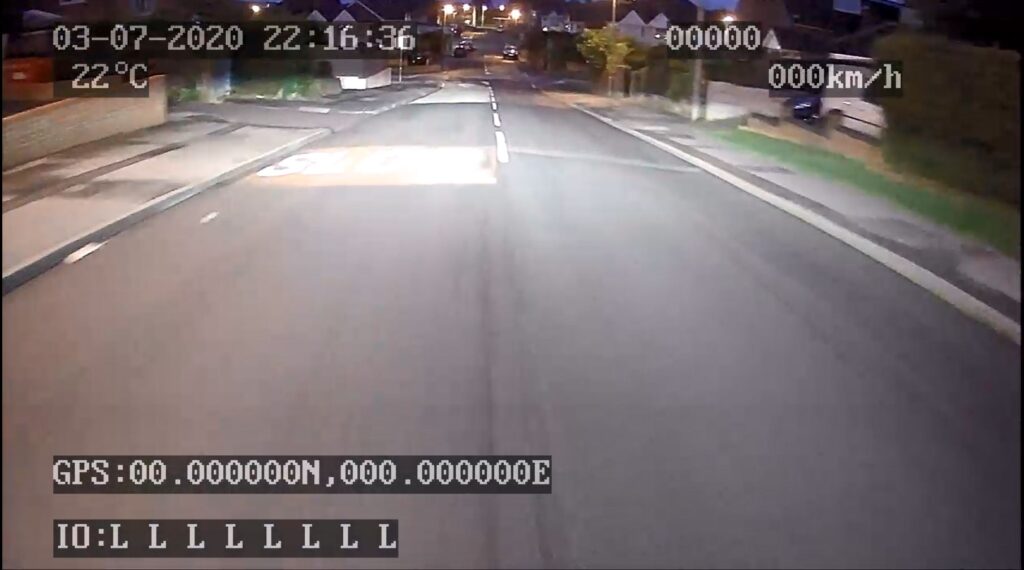

Vision Techniques has launched the VT Night-Sight 24 Ultra high- performance camera.
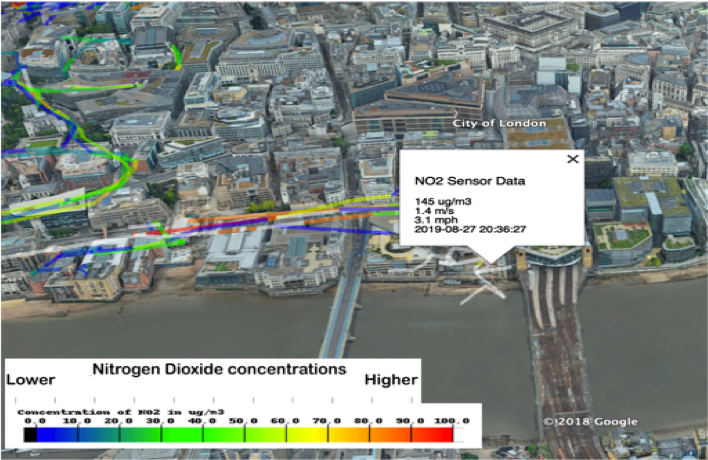
CMS SupaTrak, OWL, and the Westminster Commission for Road Air Quality are calling for all refuse collection vehicles operated by councils and private waste operators in the UK to be fitted with air quality monitoring equipment.

Volvo Penta has collaborated with fire truck manufacturer Rosenbauer, to develop an electric driveline for the zero emission and low noise Revolutionary Technology (RT) fire truck, as a response to climate change. Volvo Penta and Rosenbauer have introduced a completely…
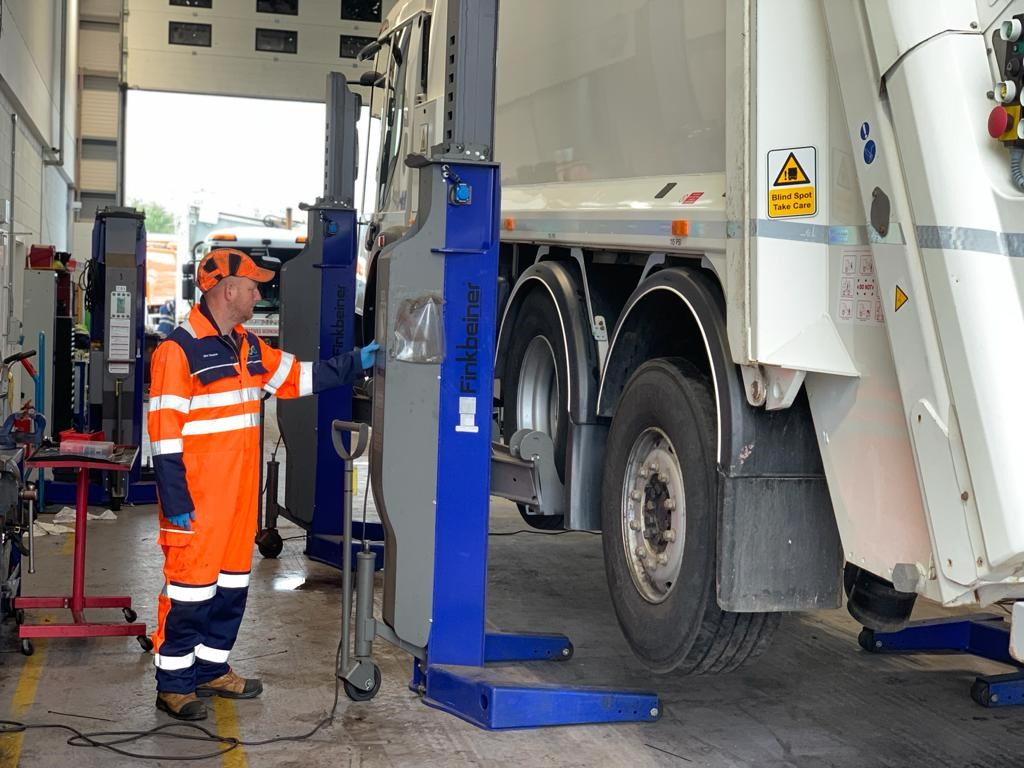
BS 10125 Automotive services – Specification for vehicle damage repair processes is due to undergo its first complete revision since its publication as a British Standard in 2014. It specifies requirements for vehicle damage repair carried out by garages, service centres and mobile repair services.
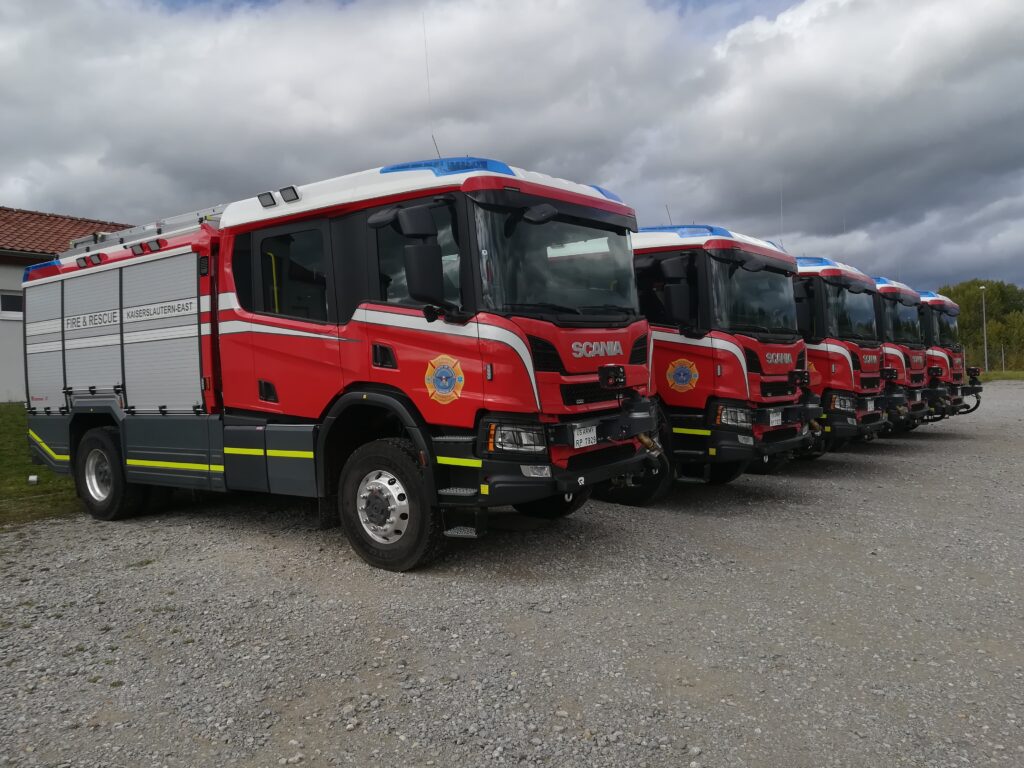
Eight new Rosenbauer-body Scania fire trucks with Allison fully automatic transmissions have been taken into operation at the US Army in Germany’s fire departments.

Blackburn-based Electra Commercial Vehicles has announced that Biffa has purchased 27 Electras for its Manchester City Council waste management agreement.
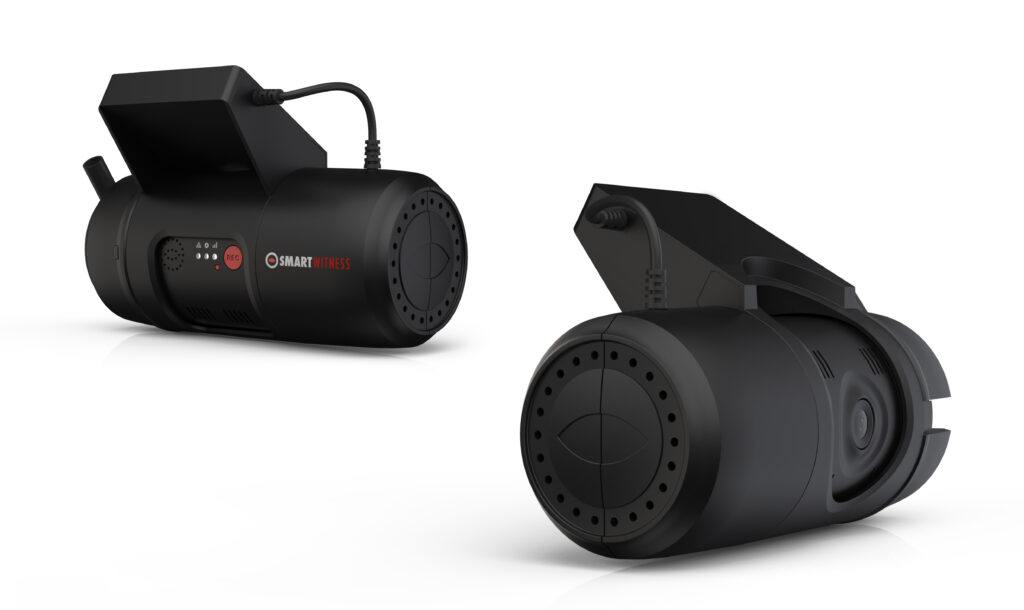
Video telematics provider, SmartWitness has launched a new finance deal for fleet customers that includes hardware, software, and installation at a fixed rate per month with no down payment.

NRG Fleet Services saw a 30.55% reduction in accidents in 2019 compared to 2018, with 2020 on track for a further 42.85% reduction on 2019, writes Ian Woodfinden.
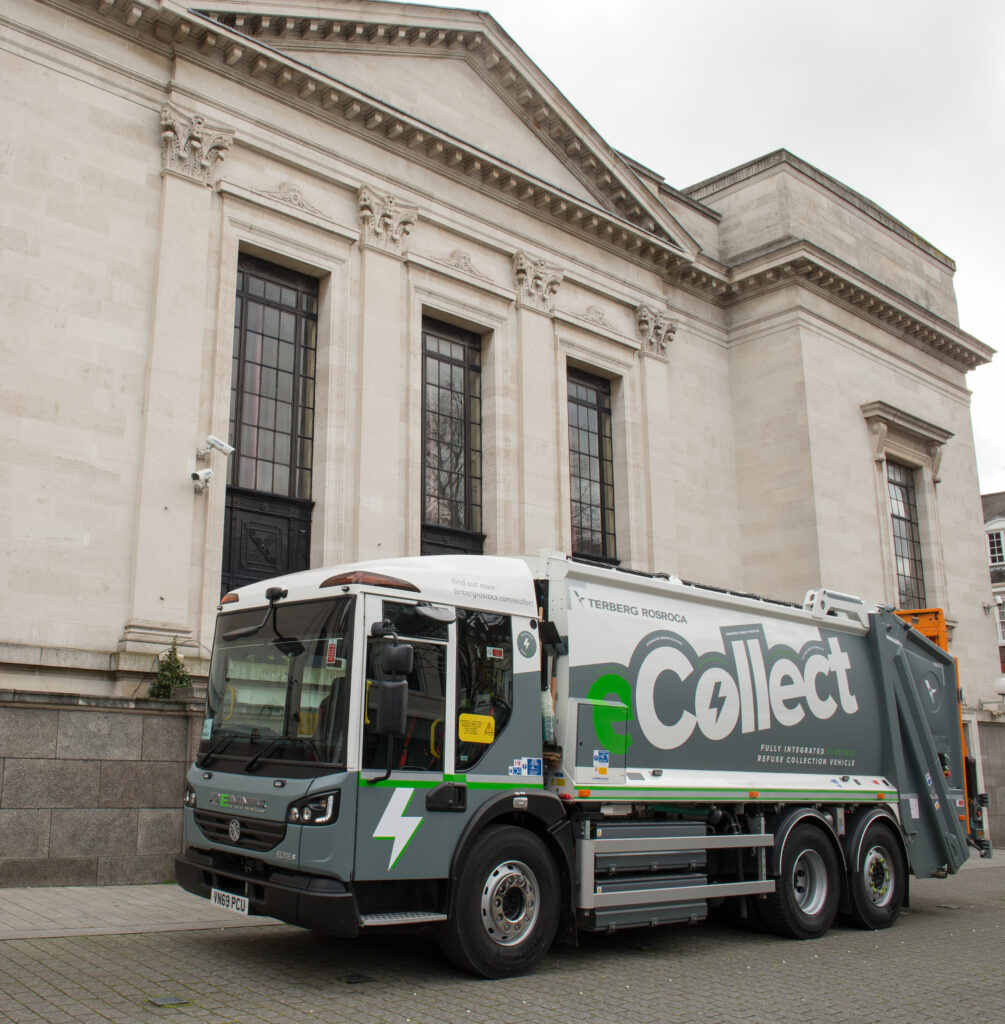
An integrated electric RCV, the eCollect, has just been launched by Dennis Eagle, offering the dual benefits of zero emissions and the one-stop-shop convenience of a vehicle tried, trusted and produced by an original equipment manufacturer.
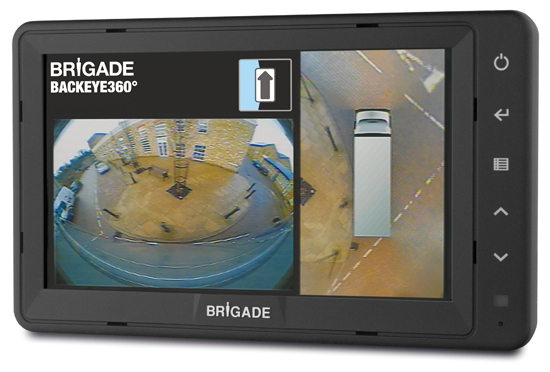
Drivers and fleet managers must invest in life-saving road safety technology because of a plan to grow the number of cyclists and pedestrians, a leading safety campaigner warns.